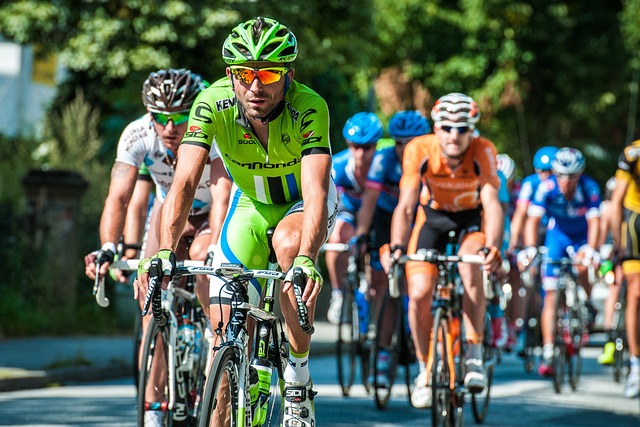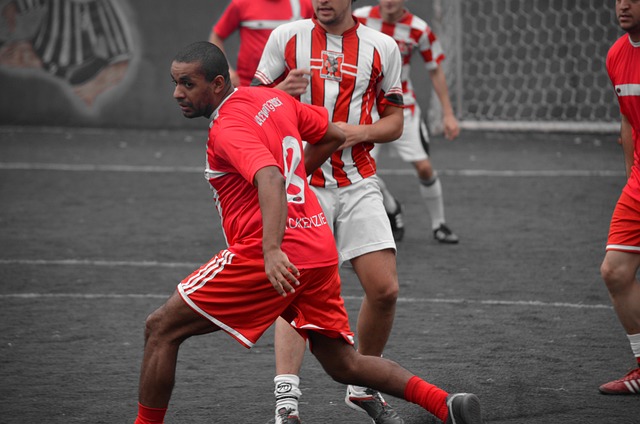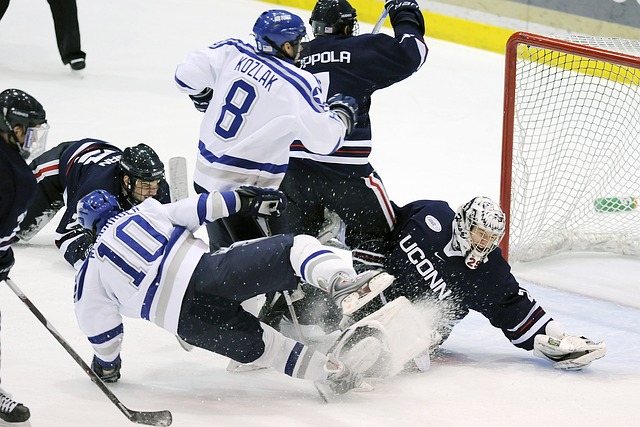Betting on things like political elections and reality TV shows has become more popular. People are interested in these events because they’re exciting to predict and involve more than just sports. Before you get into the details, make sure to check out the Aviator game for the latest thrills on online betting.
The Appeal of Non-Sporting Betting
Betting on events like elections and reality TV shows is really popular. People get interested in these events and talk about them a lot in the media. When you bet on who will win, it makes watching more fun and gets people more involved. It turns just watching into something exciting where you can make guesses and see if you’re right.
Political Betting: Insights and Speculation
People around the world are really interested in betting on political elections. They bet on everything from who will win the presidency to local government races, using what they know about politics and making guesses. This kind of betting shows how people feel about politics and can give clues about how elections might turn out, mixing politics with the excitement of gambling.
Reality TV Shows: Entertainment and Predictions
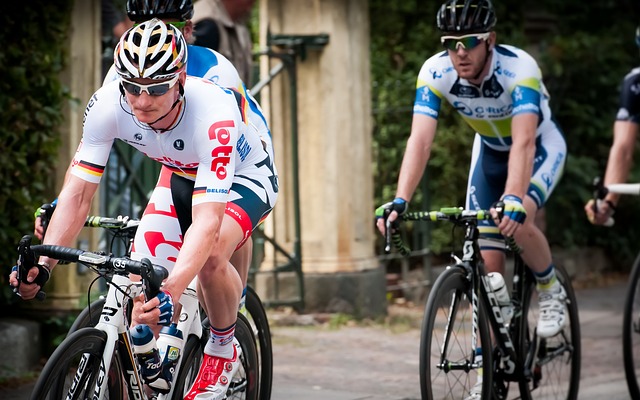
Reality TV shows like “The Bachelor” or “Survivor” have become big for betting. People bet on who they think will win or what will happen next, making it a fun guessing game. Betting on these shows adds excitement and makes viewers more involved, which can change how they see the contestants and how the show unfolds.
Ethical Considerations in Non-Sporting Betting
Betting on things like elections and reality TV raises important ethical concerns. When people bet on politics, it can affect election results and how democracy works. In reality TV, betting can change how people see the contestants and the show, sometimes making it less about entertainment and more about money. These issues make us think about how betting can affect public discussions and the lives of those involved.
Regulatory Frameworks and Legal Challenges
Regulating betting on things other than sports is tricky because the events are so different. Rules for betting on politics can be very different depending on where you are, trying to balance letting people speak freely with making sure elections are fair. Betting on reality TV shows might be checked to make sure it’s fair for everyone involved, and that everyone taking part is okay with it. Laws are made to protect fairness and the rights of people involved in these bets.
Cultural Impact and Media Influence
Betting on things other than sports affects what people talk about and what the media covers. When media outlets share odds and predictions, it shapes how the public sees things and gets them more involved. This connection between betting and media shows how entertainment and what people talk about are always changing.
Technological Advancements and Accessibility
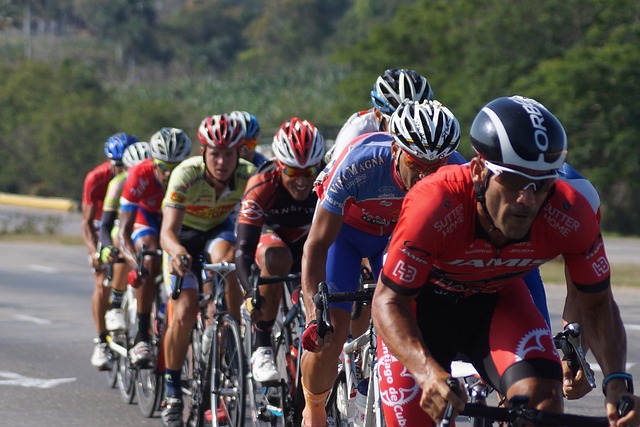
Technology has made it easier for everyone to bet on things beyond sports, thanks to websites and phone apps. Now, more people can join in and bet on events like elections or reality TV shows. With instant updates and fun features, betting is becoming more popular and changing how we enjoy these non-sporting events.
Psychological Aspects of Betting
Betting on non-sporting events connects with how we take risks and our natural tendencies to predict outcomes. It’s exciting to try to guess what will happen in things like elections or reality TV shows, feeding our curiosity and need to feel in control. These psychological factors explain why people from different backgrounds find non-sporting betting so fascinating and why it continues to be popular over time.
Future Trends and Evolution
In the future, betting on things other than sports is expected to keep growing. As people’s interests change and media trends shift, new types of events could become popular for betting. Rules will probably change to make sure everything is fair and ethical, and technology will make it easier for more people to join in and place bets.
